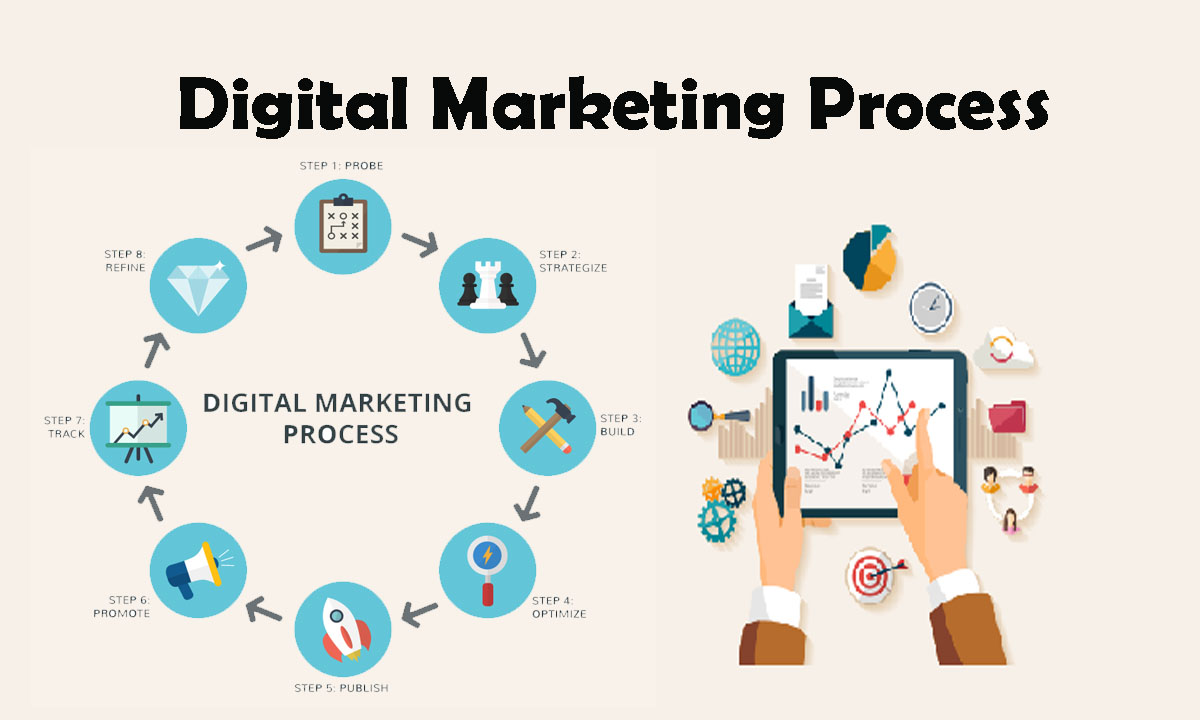Most webmasters think that SEO always comes after a website is created. Whether it is optimizing particular on-page variables to maximize the odds of being ranks for specific keywords or the process of making backlinks from qualified sources to power an off-page and on page SEO campaign.

Ignoring your site’s coding, however, can play in the overall optimization and is literally the same as building a home on unstable foundations. Here are some ways that coding can help your website SEO to avoid missing out on amazing benefits.
- Create SEF URL Rewrites
Creating SEF (Search Engine Friendly) URLs is beneficial from both an SEO perspective as well as for user experience. The particular way you will need to change your website’s code to minimize the number of extraneous codes and characters which are present in your URL depends on the particular platform that your site runs on.
If you use Joomla, WordPress or other CMS platforms, you can have access to internal dashboard settings or plugins which allow you to make the necessary modification. 2
2. Code Cleaning For Site Speed
Although your website’s code can start out clean, over time, it is common for site modifications to result in various errors that can slow down your website’s operation.
Thus, it is a good idea to do regular checking which accounts the following:
- Using HTML validator to eliminate unpaired or broken tags
- Remove excess white space while keeping your code readable
- Using a broken link checker tool in order to eliminate invalid URLs
3. Combing Script To Speed Up Loading Times
Site loading has recently become a crucial search engine ranking factor, based on the stated desire of Google to reward fast sites in the search results.
If you have built out your business website using tons of several scripts to provide extra functionality for your users, loading all these various code files at once can bring down your website performance significantly.
However, if you combine these individual code sheets into a smaller number of files, you will minimize the long loading times caused by the excess script demands, improving your website’s overall SEO.
4. Mobilegeddon
Mobile-friendliness is a huge ranking factor since 2015 with Google penalizing websites for not being mobile optimized.
This does not mean that websites not optimized for mobile can hurt in all SERPs. It only applies to SERPs for mobile users. So, if you haven’t made your website mobile-friendly yet, then it is best that you make the switch. Google also provided a tool to test how mobile-friendly your site is.


















